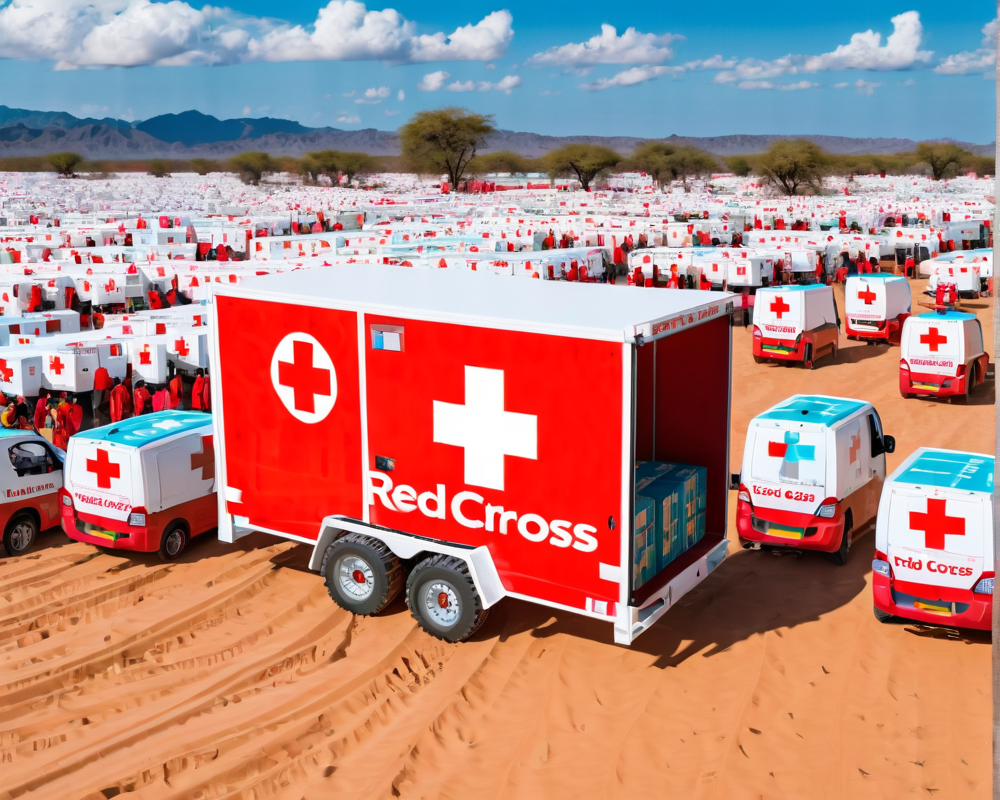The Red Cross Takes a Bold Step
Three national units of the Red Cross — those overachievers in humanitarian efforts — are stepping up their game. Norway, Denmark, and Kenya are kicking off a two-year initiative to replace the usual cash and vouchers in aid with a snazzy blockchain-based “local currency” scheme. Who knew charity could get so high-tech?
What’s the Plan?
The Red Cross already distributes a whopping $1 billion every year through cash and vouchers. This new setup aims to revamp that, enhancing aid distribution while also giving a much-needed boost to local economies. Essentially, they’re going to invest in blockchain technology to create a system that allows people, or as I like to refer to them—future billionaires, to earn credits from work or sales and then spend them via a mobile app.
Targeting the Tech Audience
The goal is to onboard 320,000 users within the next couple of years, because why not? This innovative technology has already seen testers in parts of Kenya and Ethiopia, and guess what? It’s working wonders! A representative from the Danish Red Cross compared it to Kenya’s wildly popular M-Pesa system but stressed it doesn’t need users to hold any national currency. That’s convenience for you!
Fundraising and Costs
- Initial startup funding: $1 million from Norway and supporters.
- Annual operational cost: A modest $40,000 for servers and support in Kenya.
Now that’s what I call a steal! This project could redefine the norm of charity funding and aid distribution.
Pushing Back the Resistance
Of course, every revolutionary idea faces backlash. Kenyan banks are flexing their muscles, concerned that these blockchain community credits will take a bite out of their business. But let’s face it, isn’t innovation a bit scary for those not on board? Will Ruddick from Grassroots Economics highlighted blockchain’s transparency and data privacy perks, making a compelling case for its advantages.
A Future with Economic Resilience
The credit shortfall for small businesses in developing economies is a staggering $2.6 trillion, according to the World Bank. That’s a massive opportunity to flip the script! Blockchain-backed local currencies could embolden businesses and ultimately stabilize communities. We’re eyeing a future where aid isn’t just handed out, but actively builds and nurtures local economies.


